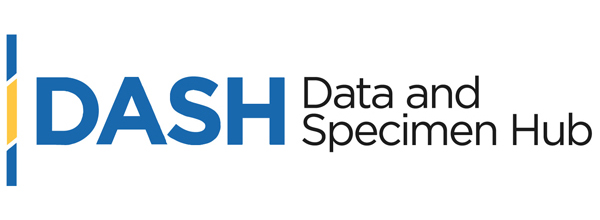
More than two years after its inception, NICHD’s centralized data sharing resource has received 73 data access requests and resulted in 3 published studies, according to an article appearing in Scientific Data. The Data and Specimen Hub (DASH) offers de-identified data from NICHD-supported clinical research on pregnancy, infant care, child health, HIV/AIDS, and other topics. In the article, DASH team members described the resource’s development and success.
“User-centered design provided the framework for DASH,” said Rohan Hazra, M.D., the scientific lead for DASH and chair of the DASH Committee. “DASH is not a simple archive. It was built to meet the needs of the research community—those who deposit data and those who want to reuse that data in meaningful ways.”
Currently, DASH offers data from 63 studies. These cover 26 clinical research topics and include diverse study populations from around the world. More than 12,300 users have visited DASH, and more than 550 are registered on the site.
The authors point out that DASH has enabled new collaborations between researchers who otherwise may not have considered working together. For example, since its inclusion in DASH, a 2008 study that was archived in 2016 has been requested by 39 investigators, and 2 publications have resulted from reuse of its data.
The DASH team applies “FAIR” data sharing principles—findability, accessibility, interoperability, and reusability—to foster access and data use. Data must be de-identified and annotated with appropriate metadata tags and accompanied by documentation, such as study protocols and codebooks, to ensure their quality and effective reuse by other researchers.
DASH guidelines also help protect data ownership while promoting collaboration. For instance, data requestors must submit annual progress reports, which are shared with the original investigator. These reports keep researchers aware of results coming from their data. Furthermore, studies that reuse data from DASH are required to acknowledge the original study in their publication, ensuring that the original investigator receives credit for the contribution.
“Our hope is that over time, more researchers will realize the full potential of data sharing and contribute to DASH’s growth as they expand their own lines of investigation,” said David Songco, M.E.A., NICHD’s Chief Information Officer and senior author of the review.
REFERENCE: Hazra R et al. DASH, the data and specimen hub of the National Institute of Child Health and Human Development. Scientific Data DOI: 10.1038/sdata.2018.46 (2018)
###
About the Eunice Kennedy Shriver National Institute of Child Health and Human Development (NICHD): NICHD conducts and supports research in the United States and throughout the world on fetal, infant and child development; maternal, child and family health; reproductive biology and population issues; and medical rehabilitation. For more information, visit NICHD’s website.

 BACK TO TOP
BACK TO TOP